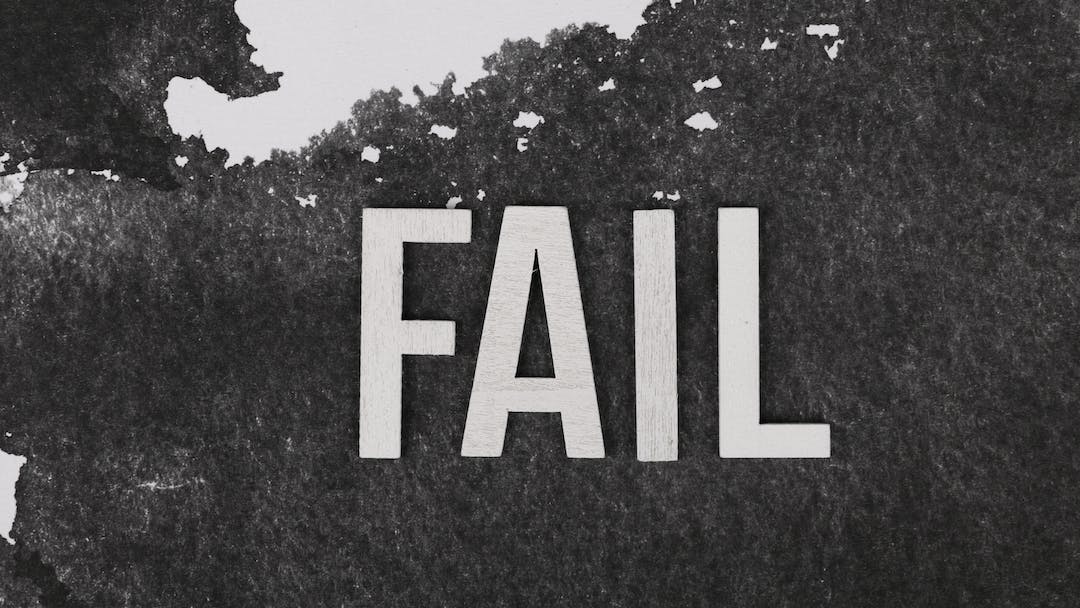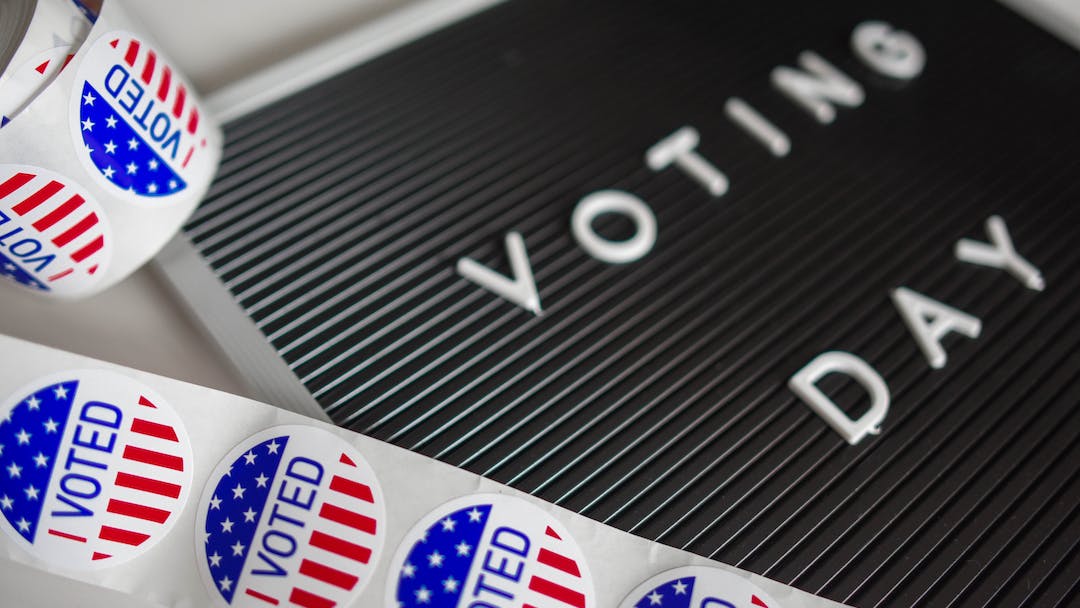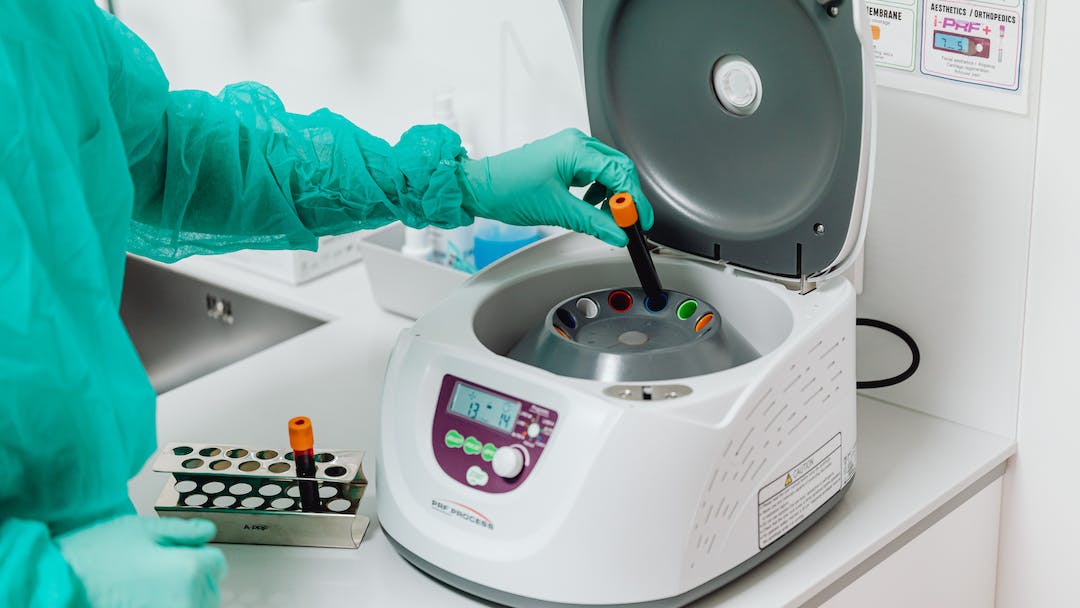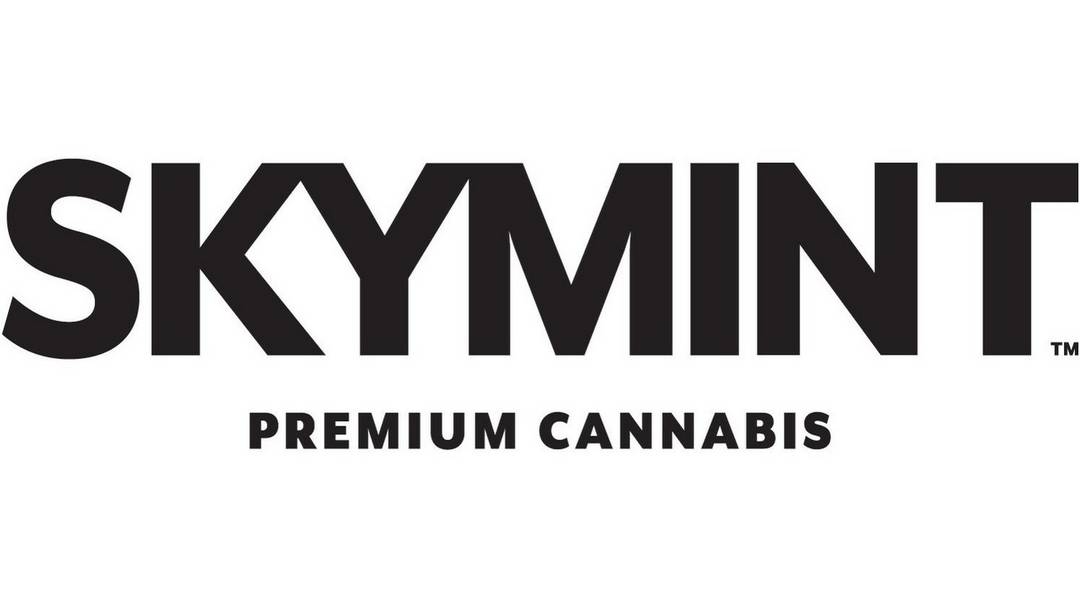January 16, 2024
On August 29, 2023, the Department of Health and Human Services (HHS) reportedly recommended to the Drug Enforcement Administration (DEA) that marijuana be rescheduled from Schedule I to Schedule III under the Controlled Substances Act (CSA). DEA is currently reviewing HHS’s recommendation.
When considering whether to schedule or reschedule a controlled substance, DEA is bound by HHS’s recommendations on scientific and medical matters.
However, DEA has also stated that it has “final authority to schedule, reschedule, or deschedule a drug under the Controlled Substances Act.”
A previous CRS Insight outlined policy considerations related to rescheduling marijuana. This Legal Sidebar provides additional information on the legal consequences of the possible move of marijuana from Schedule I to Schedule III.
Current Legal Status of Cannabis Under the CSA
Cannabis and its derivatives generally fall within one of two categories under federal law: marijuana or hemp. Unless an exception applies, the CSA classifies the cannabis plant and its derivatives as marijuana (some provisions of the statute use an alternative spelling, “marihuana”).
The CSA definition of marijuana excludes
(1) products that meet the legal definition of hemp and (2) the mature stalks of the
cannabis plant; the sterilized seeds of the plant; and fibers, oils, and other products made from the stalks and seeds.
Marijuana is a Schedule I controlled substance under the CSA.
Federal law defines hemp as the cannabis plant or any part of that plant with a delta-9
tetrahydrocannabinol (THC) concentration of no more than 0.3%. The non-psychoactive compound cannabidiol (CBD) falls within the legal definition of hemp. Hemp is not a controlled substance under the CSA.
Substances become subject to the CSA through placement in one of five lists, known as Schedules I through V.
Congress placed marijuana in Schedule I in 1970 when it enacted the CSA. A lower schedule number carries greater restrictions under the CSA, with controlled substances in Schedule I subject to the most stringent controls. Schedule I controlled substances have no currently accepted medical use.
It is illegal to produce, dispense, or possess such substances except in the context of federally approved scientific studies, subject to CSA regulatory requirements designed to prevent abuse and diversion.
RESTORE YOUR SECOND AMENDMENT RIGHTS
RESTORE YOUR PROFESSIONAL LICENSE
RESTORE YOUR DRIVER LICENSE
RESTORE YOUR PAST (Expungements)
Call our Office for a free case evaluation
Komorn Law (248) 357-2550
Unauthorized activities involving Schedule I controlled substances are federal crimes that may give rise to large fines and significant jail time. DEA is required to set annual production quotas for Schedule I controlled substances manufactured for use in approved research.
In addition to the general regulatory framework that applies due to marijuana’s Schedule I status, some provisions of the CSA apply specifically to marijuana. For instance, 21 U.S.C. § 841 imposes mandatory minimum prison sentences for persons convicted of criminal CSA violations involving set quantities of specific controlled substances, including marijuana. In addition, 21 U.S.C. § 823 creates special registration requirements for those who manufacture marijuana for research purposes.
In sharp contrast to the stringent federal control of marijuana, in recent decades nearly all the states have changed their laws to permit the use of marijuana (or other cannabis products) for medical purposes.
In addition, twenty-four states and the District of Columbia have passed laws removing certain state criminal prohibitions on recreational marijuana use by adults.
As the Supreme Court has recognized, states cannot actually legalize marijuana because the states cannot change federal law, and the Constitution’s Supremacy Clause dictates that federal law takes precedence over conflicting state laws.
So long as marijuana is a Schedule I controlled substance under the CSA, all unauthorized activities involving marijuana are federal crimes anywhere in the United States, including in states that have purported to legalize medical or recreational marijuana.
Nonetheless, Congress has granted the states some leeway to allow the distribution and use of medical marijuana.
In each budget cycle since FY2014, Congress has passed an appropriations rider barring the Department of Justice (DOJ) from using taxpayer funds to prevent states from “implementing their own laws that authorize the use, distribution, possession, or cultivation of medical marijuana.” Courts have interpreted the appropriations rider to prohibit federal prosecution of state-legal activities involving medical marijuana.
However, it poses no bar to federal prosecution of activities involving recreational marijuana.
Moreover, the rider does not remove criminal liability; it merely limits enforcement of the CSA in certain circumstances while the rider remains in effect. While official DOJ policy has varied somewhat across Administrations, recent presidential Administrations have not prioritized prosecution of state-legal activities involving marijuana.
Read the rest here –> Legal Consequences of Rescheduling Marijuana Jan 2024

Komorn Law – Federal Courts and All Michigan Courts
More Posts

Bad Ranking For Transparency in the Michigan Justice System
by Wes Smith, president, MPA Board of DirectorsPublisher View Newspaper Group When there was a change in leadership in Michigan’s legislature earlier this year, hope rose again in the hearts of citizens who want a more transparent state government. Maybe, it was...

Ohio voters say yes to legal recreational cannabis
Recreational marijuana has been legalized in Ohio as voters overwhelmingly approved State Issue 2 on Tuesday. This groundbreaking decision now enables adults in Ohio to legally experience the advantages of marijuana for recreational purposes. “Marijuana is no longer a...

Smell of Marijuana is Not Enough to Search Your Vehicle or is it?
The Smell of Marijuana and the Court of Appeals Body camera footage is an invaluable resource for courts facing suppression motions, but it rarely serves as a stand-alone source of information about a warrantless search or seizure. Here, the trial court was hamstrung...

Commission Votes For Retroactive Sentencing
U.S. SENTENCING COMMISSION VOTES TO ALLOW RETROACTIVE SENTENCE REDUCTIONS AND ANNOUNCES ITS NEXT SET OF POLICY PRIORITIESVote Authorizes Judges to Reduce Sentences for Eligible Incarcerated Persons Beginning February 1, 2024 Should Guidelines Become...

THC Detection in Blood: Challenges and Implications
THC Detection in Blood: Challenges and Implications When it comes to enforcing drugged driving laws, police and employers face a unique challenge with marijuana. Unlike alcohol, which is metabolized and eliminated relatively quickly, THC, the psychoactive compound in...

Feds New Sentencing Guidelines for Past Cannabis Convictions
The federal U.S. Sentencing Commission (USSC) has approved a revised amendment to sentencing guidelines, advising judges to adopt a more lenient approach towards prior marijuana possession offenses. Members of the commission voted to approve a range of amendments to...

THC Detection in Blood: A Comprehensive Review
THC Detection in Blood: A Comprehensive Review Tetrahydrocannabinol (THC), the main psychoactive compound in marijuana, can remain detectable in the blood for several days or even weeks after use. This is due to the fact that THC is highly fat-soluble, meaning that it...

It’s not hard to be accused of being a Menace in Michigan
“You are a menace, you’re talking louder than me, you don’t agree with me and now you're pointing at me with gun fingers. I feel threatened! I’m calling the police”. All over a minor disagreement - probably about paper or plastic. Police arrive and can only do what...

Skymint acquired out of receivership
Tropics LP, under a new entity called Skymint Acquisition Co., acquired the assets of Green Peak Industries, doing business as Skymint, for $109.4 million. Nuff saidPlease note that cannabis at the time of this post being published is still a controlled substance...

Trulieve seeks $143M federal refund for 280E taxes
Would enforcing payment and accepting money from a federally illegal business cause you to be caught up in RICO, CCE and conspiracy charges that would put you away for decades? For you yes - For the government a big NO.Multistate marijuana company Trulieve Cannabis...







